A Model of Crucial Factors Influencing on the Innovation Resistance for Purchasing Innovative Passenger Vehicles in Automotive Industry of Iran
Department/Institute
Universitat Internacional de Catalunya. Departament d'Economia i Organització d'Empreses
Abstract
Purpose: The goal of this thesis is to render a model of influencing factors on Innovation resistance for purchasing innovative passenger vehicles in Auto industry of Iran. Design/Methodology/Approach: The innovative passenger vehicles that are produced by 4 car manufacturing companies of Iran are selected. Data is collected in two phases, at the first step which is qualitative phase, 13 questionnaires are distributed among panel of experts who are managers and top experts of SAIPA car manufacturing company (Appendix 1). Then in the second phase which is quantitative, the questionnaire which is prepared based on the results of first phase, are distributed among 265 customers of Kerman Khodro Co., Modiran Khodro Co. and Iran Khodro Co. that have resisted to purchase innovative vehicle of SAIPA (Appendix 2). The resistance factors are detected and grouped through Exploratory Factor Analysis techniques, and the Structural Equation Modeling (SEM), which is a very general statistical modeling technique that is normally used in the behavioral sciences. It can be viewed as a combination of factor analysis and regression or path analysis, so by SEM method will provide the aforementioned impacts of these resistance factors on resistance purchasing behavior. Findings: The results of qualitative phase show that Trialability, Co-dependence, Visibility, Realization, Relative advantage and Value factors are the most influential factors on innovation resistance which are clustered in Functional barriers. On the other hand, Economic Risk, Functional Risk, Usage, Image, Previous Innovation Experience and Usefulness are the most influential factors on Innovation Resistance, which are categorized in Psychological barriers. Additionally, the Demographic barriers extracted as influential factors on innovation resistance analyzed are: Age, Income and Education. The new factor of "After Sales Services" is recommended by panel of experts from Delphi model, in order to add to influential factors on Innovation Resistance. Thereafter, the above-mentioned factors have a crucial and prominent role in reducing the resistance of consumers in order to purchase innovative passenger vehicles. In the second phase which is quantitative step of this research, based on the results of first step the questionnaire has been prepared and are distributed among 265 ordinary customers of three Iranian car manufacturing companies. The abovementioned factors resulting of the first step of this research are used in order to assess its impact on Intention to buy, and the mediation role of Active Innovation Resistance between Barriers and Intention to buy. A research model, in which these constructs are included, is proposed and analyzed through Structural Equation Modeling (SEM). Results show that “Active innovation resistance” is playing the role of a complementary mediation. Therefore, the impact of “Functional barriers” on “Intention to buy” is mediated by “Active innovation resistance”. In the same way, “Active innovation resistance” also mediates between “Psychological barriers” and “Intention to buy”. Research Implications: A new fresh model analyzing the mediator role of Active Innovation Resistance shed light to conceptualize the way Barriers (both Functional and Psychological) impacts on customer behavior, in the specific setting of innovative automotive industry in Iran. Practical Implications: The propagation of innovation in automotive industry is challenging and imposing huge investment to manufacturer, so they should pay attention to real barriers for resisting to purchase their innovative vehicles. Moreover, customers, who are playing the main role for their success, might adjust its intention to purchase these innovative cars, and foster the Iranian society to be interested in innovation of car manufactures.
Keywords
Innovation; Active Innovation Resistance; Intention to Buy; New Product Adoption; Innovation Rejection; Consumer Purchasing Behavior
Subjects
339 - Trade. Commerce. International economic relations. World economy
Knowledge Area
Economía y marketing



